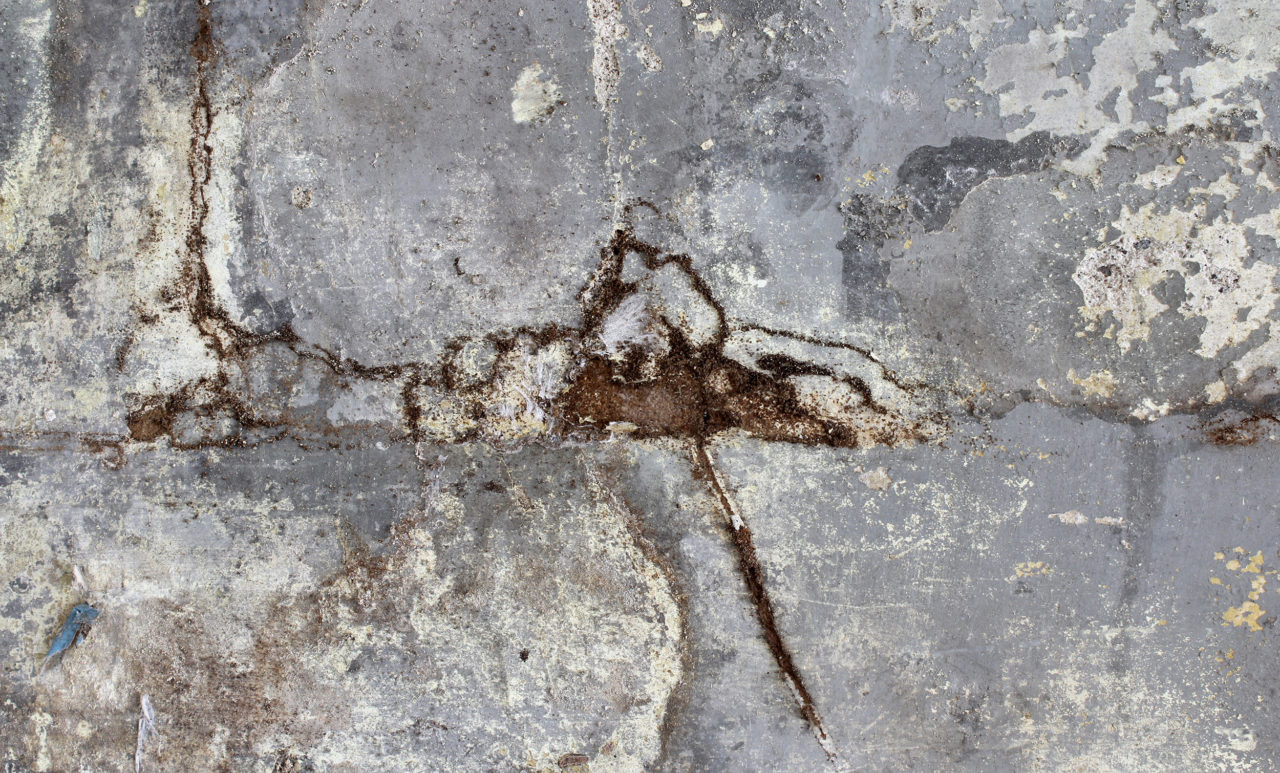Assessing value chains and competitiveness and fostering business linkages to increase trade.
Context
The USAID-funded Competitiveness and Trade Expansion (COMPETE) project was a four-year, regional, private sector-oriented project designed to enhance economic growth and food security in Eastern and Central Africa by stimulating increased trade and competitiveness in both regional and global markets.
Approach
Dexis bolstered market linkages, supported trade show engagement, assessed agricultural value chains, and strengthened the project’s internal and external knowledge and communications functions. Our team identified major international buyers, cultivated relationships, introduced East African Community (ECA) suppliers, and assisted ECA suppliers in meeting market specifications to close sourcing deals, with the primary goal of increasing the value and volume of regional and international trade. Dexis fostered business linkages between ECA textile producers and buyers based abroad through organizing trips of buyers to the region and ECA suppliers to the United States. We identified new products to meet the demand of identified buyers and built the capacity of ECA firms in making international sales, including trainings around timely and honest communication and appropriate sample preparation. Under COMPETE’s agriculture component, we carried out value chain assessments of both staple and non-staple crops in Tanzania to contribute to USAID’s food security objectives through increased food supply and rural incomes. Dexis also examined how work in these value chains would enhance Tanzania’s competitiveness in regional and international markets. Finally, Dexis supported communications for the project by packaging technical information and accomplishments into knowledge management pieces, strengthening the sustainability of items like the East Africa Trade Hub, EAC Trade Helpdesk, and a Regional Food Balance Sheets case study.
Achievements
Dexis recommended short- to medium-term activities to increase market linkages and developed a sustainable buyer database to be used by USAID in the future. The value chain assessment we conducted also mapped out the activities of the Government of Tanzania and other development partners and developed recommendations for USAID/Tanzania’s agricultural investment. Finally, our knowledge management and communications expertise streamlined internal processes for maintaining and sharing information and boosted the profile of the project to external audiences.




